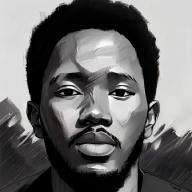Over time, perceptions of neurodivergence have evolved significantly. Initially viewed primarily as disabilities, conditions like autism, ADHD, and dyslexia are increasingly being recognized for their unique strengths and contributions.
Research has begun to embrace a more nuanced understanding of neurodevelopmental differences, moving away from purely medical models towards frameworks that prioritize lived experiences and well-being. This change reflects a broader societal acknowledgement of the value of neurodiversity, although challenges remain in clinical practices and public perceptions.
The concept of wearing neurodivergence as a “badge of honor” reflects a growing acceptance and pride within neurodivergent communities, as it fosters inclusivity and helps dismantle stereotypes, allowing individuals to celebrate their identities rather than hide them. However, this self-identification can also lead to complexities, as some may fear bias or discrimination in various contexts.
I have noted, on X(formerly Twitter) and Reddit, that people are associating having hobbies like collecting car models or collecting video games with neurodivergence. This has really been bugging me. While many neurodivergent individuals may engage in intense interests or hobbies, these activities are common across populations and serve various purposes, such as relaxation, enjoyment, social interaction or stress relief regardless of neurological differences.
Moreover, hyperfixating on hobbies can be seen in neurotypical individuals as well, making it an insufficient criterion for indentifying as one. So, let’s stop wearing neurodivergence as a badge of honor.
